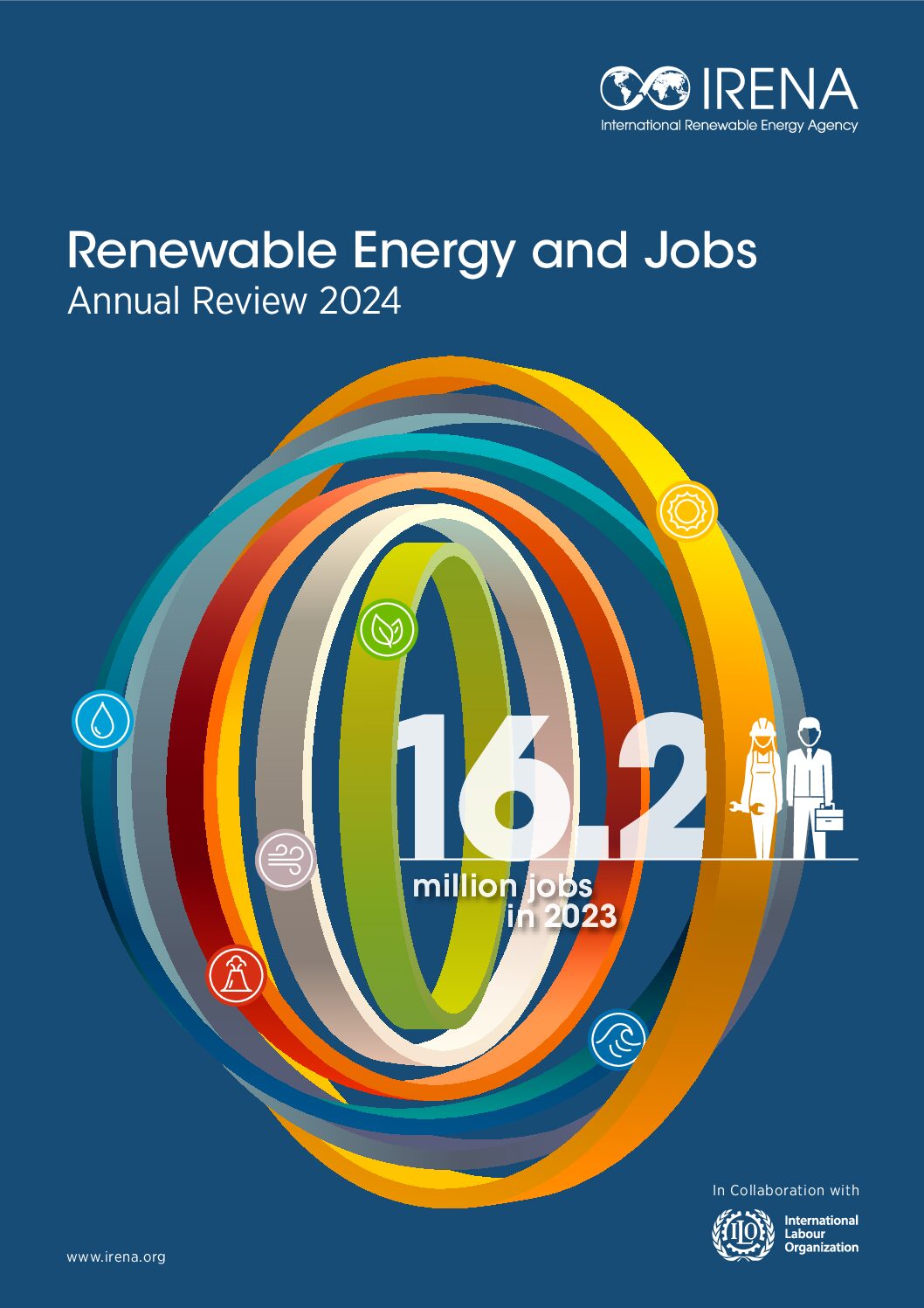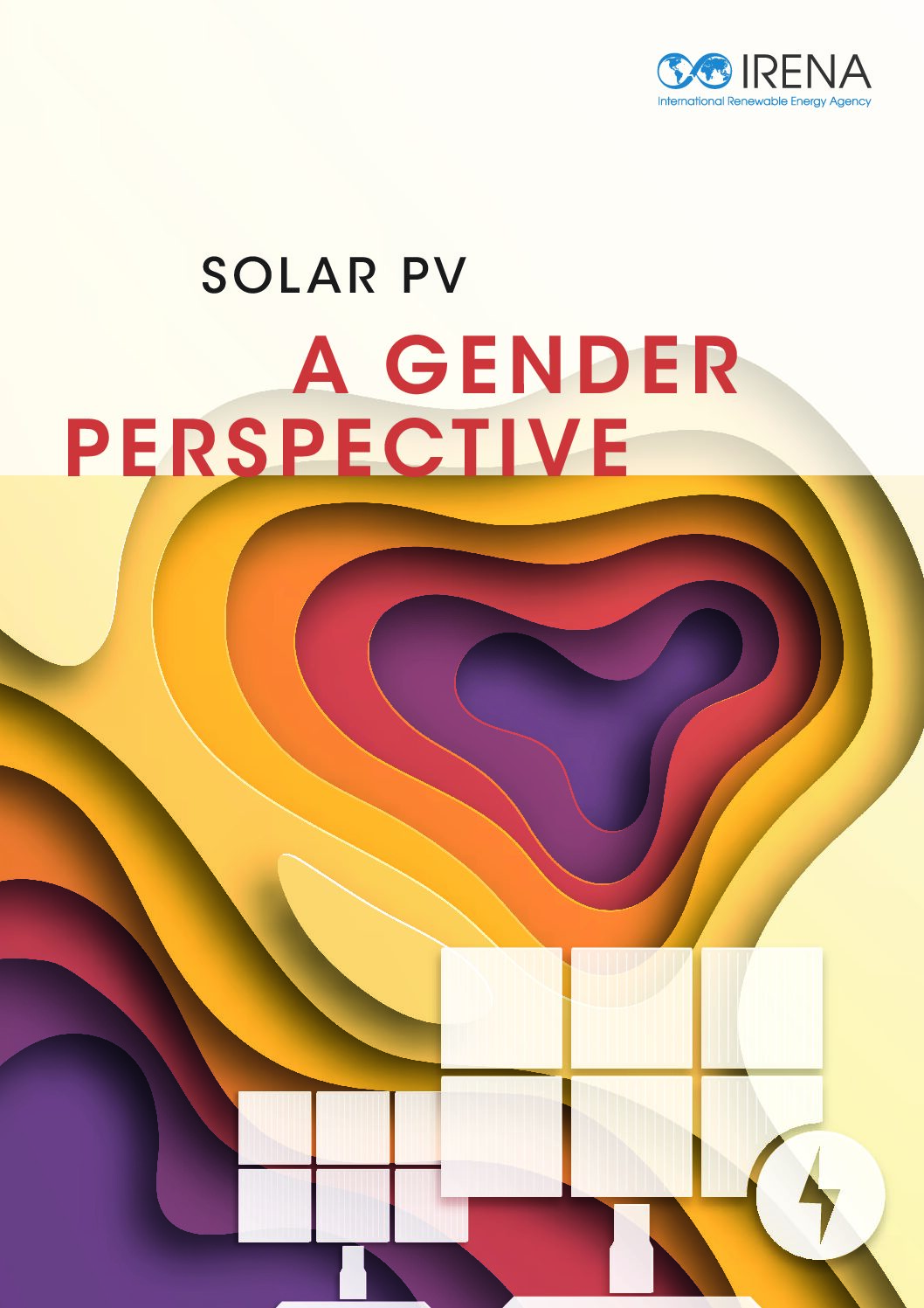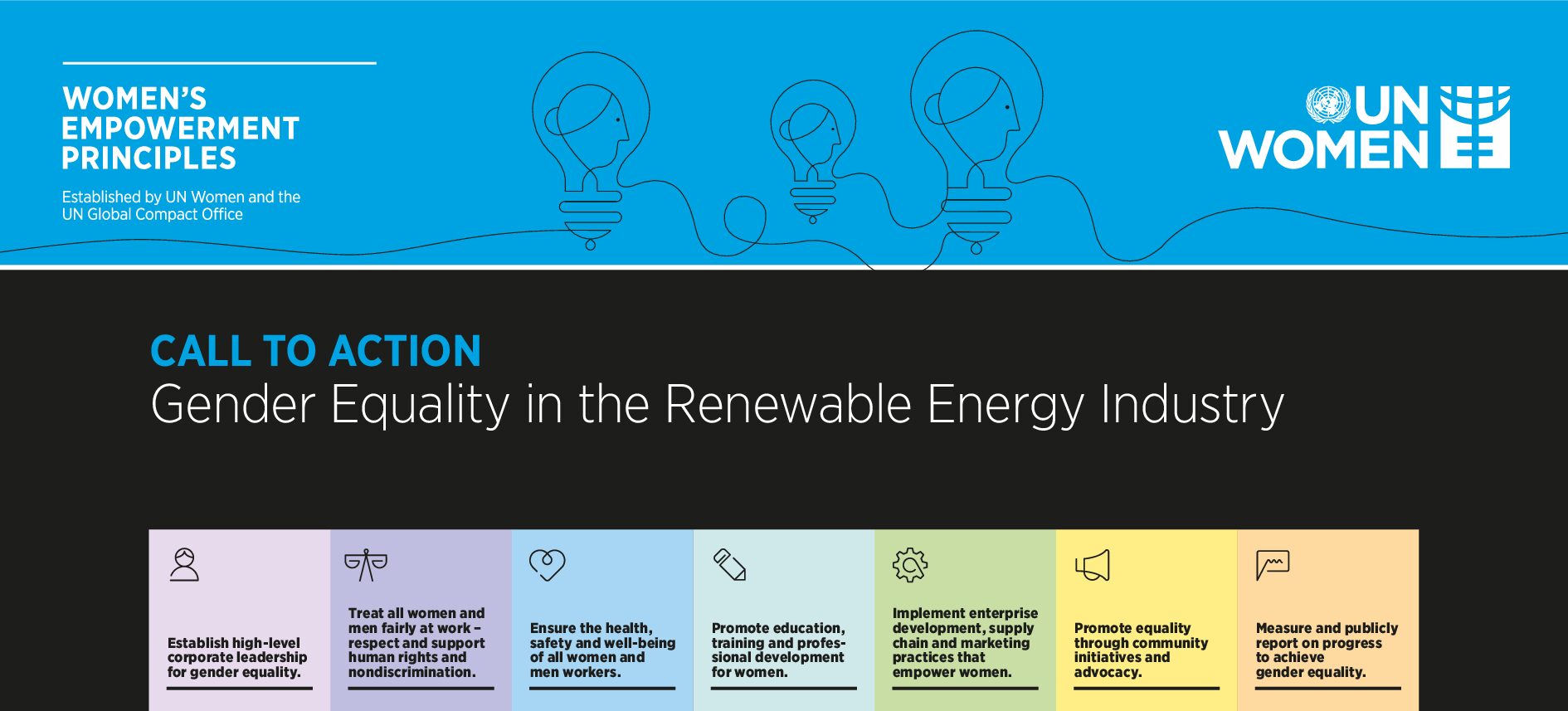The average lifespan of a building is 50 years, so the design of buildings that are constructed now will have an effect on energy consumption in our cities until well into the 2070s. This article presents the most effective options for cities to set mandatory minimum energy performance standards for buildings, to prevent locking in […]
This resource provides the latest data and insights on global renewable energy employment, highlighting trends in renewable energy deployment and supply chains as well as the influence of geopolitical and geoeconomic factors. The resource serves as a valuable tool for stakeholders aiming to understand and address the employment implications of the global shift towards renewable […]
This report provides baseline data on women’s employment in renewable energy, as well as information on barriers to gender equality and recommendations to close gender gaps.
This report provides baseline data on women’s employment in wind energy, as well as information on barriers to gender equality and recommendations to close gender gaps.
This report provides baseline data on women’s employment in solar energy, as well as information on barriers to gender equality and recommendations to close gender gaps.
This report provides baseline data on women’s employment in hydropower, as well as information on barriers to gender equality and recommendations to close gender gaps.
This UN Women brief explains why and how gender equality should be promoted in the renewable energy industry.
This web page provides an overview of the energy sector of Dominican Republic, including data on the energy mix, energy use and emissions; and a policy overview.
This web page provides an overview of the energy sector of Ecuador, including data on the energy mix, energy use and emissions; and a policy overview.
This web page provides an overview of the energy sector of Madagascar, including data on the energy mix, energy use and emissions; and a policy overview.






